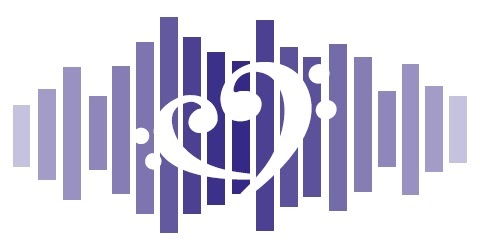What is music therapy
Music therapy is a discipline in which credentialed professionals (MTA*) use music purposefully within therapeutic relationships to support development, health, and well-being. Music therapists use music safely and ethically to address human needs within cognitive, communicative, emotional, musical, physical, social, and spiritual domains.
*Music Therapist Accredited/Musicothérapeute accrédité
Canadian Association of Music Therapists
June 2016



